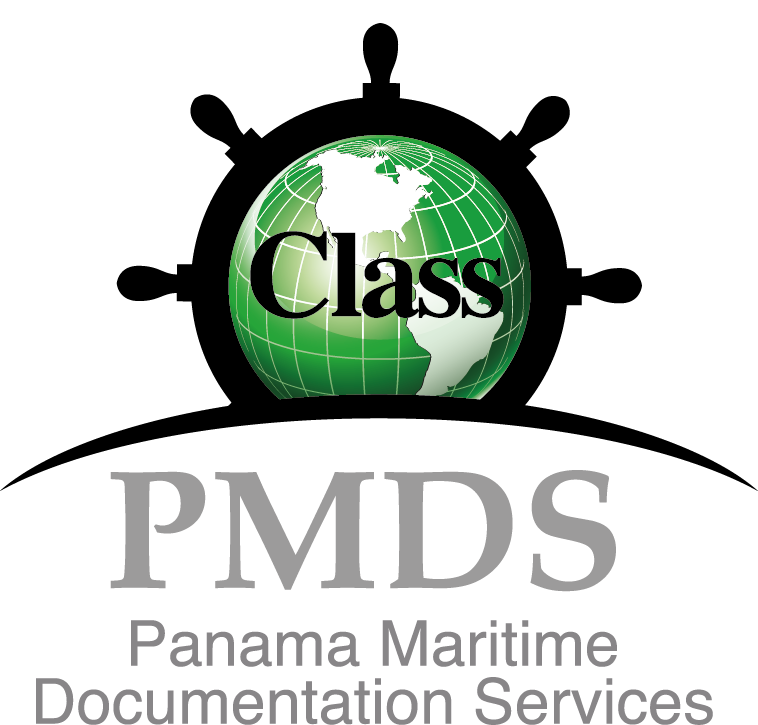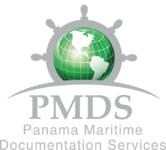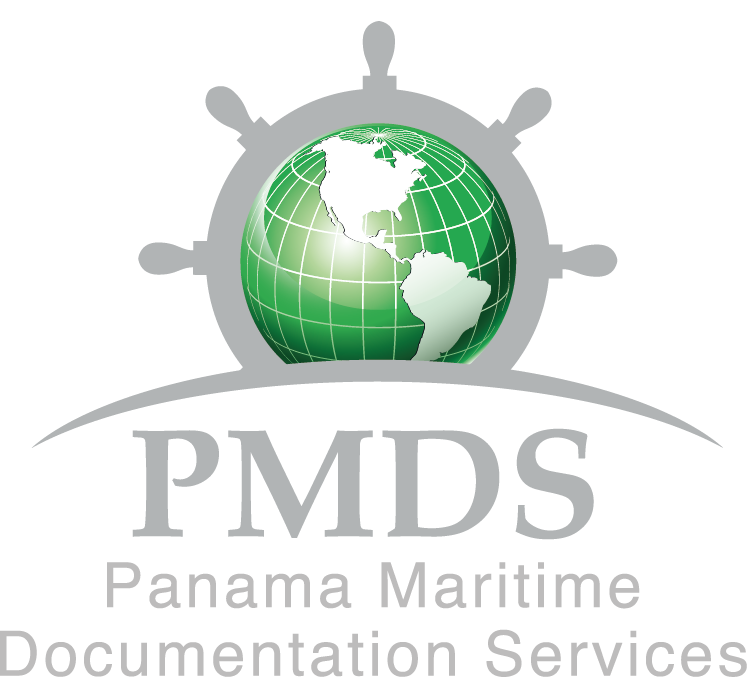
IMO Assembly Thirty-Third Session (A 33)
Assembly 33 took place 27 November – 06 December 2023.
Assembly 33 noted the reports from MSC 105, MSC 106 and MSC 107, and adopted the following Assembly resolutions that were previously approved by the Maritime Safety Committee (MSC) and concurrently by the Marine Environment Protection Committee (MEPC).
Procedures for port State control
The Procedures for port State control which includes the Code of Good Practice for port State control officers, is intended to provide basic guidance on the conduct of port State control inspections and the recognition of deficiencies in a ship or its equipment and crew. The newt resolution updates procedures to take account of amendments to IMO instruments that have entered into force, or have become effective, since the adoption of the previous resolution A.1155(32).
The revisions include amendments to:
- The PSC inspection report in appendix 13 to include information concerning the validity period and contract information of financial security providers of the insurance certificate as required by the 2014 amendment to the Maritime Labour Convention (MLC).
- Chapter 3 – Suspension of Inspection of a Substandard Ship.
- Guidance on notifying the flag Administration and recognized organization (RO) in the case of a detention or suspension of inspection.
- Guidelines for the detention of ships under MARPOL Annex VI (Appendix 2, Section 5, Detainable Deficiencies) were amended to include: − – –
- The absence of a valid required Statement(s) of Compliance for Carbon Intensity Rating from 2023 and onwards of each following year (Regulation 28) would be considered as a detainable deficiency.
-
- It was clarified that port State control officers (PSCOs) should take a pragmatic approach if a ship has changed flag and/or company and there is evidence the losing Administration has not acted in accordance with regulation/s or data was not provided by the previous company when the ship was transferred.
On ships provided with an equivalent means of SOx compliance, i.e. an EGCS:
-
- It would be considered as a detainable deficiency if an Exhaust Gas Cleaning System (EGCS) fails to provide effective equivalence to the requirements in MARPOL Annex VI, regulations 14 and 14.4; and
- It would be considered as a detainable deficiency if the Sulphur content of any fuel oil being used in combustion units not connected to the EGCS exceeds the limits stipulated in MARPOL Annex VI regulation 14 (considering the provisions of MARPOL Annex VI regulation 18.2).
The Procedures for Port State Control, 2023 will enter into force 1 January 2024
Survey Guidelines under the Harmonized System of Survey and Certification (HSSC), 2023
The survey guidelines under the Harmonized System of Survey and Certification (HSSC) were originally adopted as Assembly Resolution A.746(18) in 1993. Since then, the guidelines have been constantly reviewed and updated to accommodate new regulatory requirements.
The revisions take into account the amendments to the relevant mandatory instruments entering into force up to and including 31 December 2023 and amendments to SOLAS which enter into force 1 January 2024 which include, but are not limited to:
- MARPOL Annex VI: (as amended by MEPC.328(76))
-
- Confirmation of the update of the Ship Energy Efficiency Management Plan (SEEMP).
- Confirmation of the ship’s attained EEXI.
- Statement of Compliance related to operational carbon intensity rating.
- Amendments to SOLAS (MSC.474(102))
-
- Towing and mooring equipment.
- Openings in the shell plating below the bulkhead deck of passenger ships and the freeboard deck of cargo ships.
The amendments also take account of remote survey techniques adopted and experience gained since the Covid-19 pandemic and the advanced technology that is now available to support remote surveys.
While these guidelines are not mandatory under IMO, the guidelines are mandatory for all European Union Recognized Organizations under EU Regulation 391/2009.
The new resolution will apply from 1 January 2024 and will revoke A.1156(32).
2023 Non-exhaustive list of obligations under instruments relevant to the IMO Instruments Implementation Code (III Code)
These are the obligations of the States under the IMO Instruments Implementation Code (III Code). The Governments of all States, in their capacity as flag, port and coastal State administrations are encouraged to make as much use as possible of the list in implementing IMO instruments on a national basis. This resolution includes new requirements that have entered into force or are expected to enter into force up to and including 1 July 2024. These include the outcomes of MEPC 78, MEPC 79, MEPC 80, MSC 106 and MSC 107.
The new resolution will apply from 1 January 2024 and revoke A.1157(32).
2023 Guidelines on the implementation of the International Safety Management (ISM) Code by Administrations
The ISM Code provides an international standard for the safe management and operation of ships and for pollution prevention.
The ISM Code requires that companies establish safety objectives and in addition that companies develop, implement, and maintain a safety management system. The ISM Code is supported by Guidelines for its implementation.
The 2023 Guidelines revoke resolution A.1118(30) and will enter force from 1 January 2024.
Guidelines for places of refuge for ships in need of assistance
Following maritime incidents in waters outside national jurisdictions which have necessitated the ship to seek a place of refuge (e.g. MSC Flaminia in 2012) it was deemed necessary to revise A.949(23) Guidelines on places of refuge for ships in need of assistance.
The revised Guidelines have been structured so that each ‘party’ involved (Masters, Salvors, Coastal States) has its own section which is hyperlinked from the first page for quick reference in order to make them more operational.
Assembly 33 also reinstated the following resolutions:
A.536(13) Code of Safety for Diving Systems
A.583(14) Amendments to the Code of Safety for Diving Systems
These had inadvertently been revoked by operative paragraph 4 when the Assembly adopted the 1995 Diving Code by resolution A.831(19).
Resolutions which will be revoked:
The following resolutions will be revoked from 1 January 2024 as they will become obsolete from the entry into force of the related amendments to SOLAS on the modernization of the GMDSS:
A.334(IX) – Recommendation on Operational Standards for Radiotelephone Transmitters and Receivers
A.383(X) – Operational Standards for Radiotelephone Watch Receivers
A.385(X) – Operational Standards for VHF Radiotelephone Installations
A.421(XI) – Operational Standards for Radiotelephone Alarm Signal Generators
A.524(13) – Performance Standards for VHF Multiple Watch Facilities
A.530(13) – Use of Radar Transponders for Search and Rescue Purposes
A.570(14) – Type Approval of Ship Earth Stations
A.612(15) – Recommendation Performance Standards for Float-Free VHF Emergency Position-Indicating Radio Beacons
A.614(15) – Carriage of Radar Operating in the Frequency Band 9300-9500 MHz
A.660(16) – Carriage of Satellite Emergency Position-Indicating Radio Beacons (EPIRBs)
A.661(16) – Performance Standards for Float-Free Satellite Emergency Position-Indicating Radio Beacons Operating through the Geostationary INMARSAT Satellite System on 1.6 GHz
A.699(17) – System Performance Standard for the Promulgation and Co-Ordination of Maritime Safety Information Using High-Frequency Narrow-Band Direct Printing
A.701(17) – Carriage for Ensuring Enhanced Group Call SafetyNET Receivers under the Global Maritime Distress and Safety System (GMDSS)
A.702(17) – Radio Maintenance Guidelines for the Global Maritime Distress and Safety System (GMDSS) related to Sea Areas A3 and A4
A.703(17) – Training of Radio Personnel in the Global Maritime Distress and Safety System (GMDSS)
A.801(19), as amended – Provision of Radio Services for the Global Maritime Distress and Safety System (GMDSS)
A.802(19) – Performance Standards for Survival Craft Radar Transponders for Use in Search and Rescue Operations
A.805(19) – Performance Standards for Float-Free VHF Emergency Position-Indicating Radio Beacons
A.814(19) – Guidelines for the Avoidance of False Distress Alerts
Resolutions which will be superseded:
The following resolutions will be superseded from 1 January 2024 as they will become obsolete from the entry into force of the related amendments to SOLAS on the modernization of the GMDSS:
A.530(13) – Use of Radar Transponders for Search and Rescue Purposes – superseded MSC.510(105)
A.699(17) – System Performance Standard for the Promulgation and Co-Ordination of Maritime Safety Information Using High-Frequency Narrow-Band Direct Printing – superseded by MSC.507(105)
A.801(19), as amended – Provision of Radio Services for the Global Maritime Distress and Safety System (GMDSS) – superseded by MSC.509(105)
A.802(19) – Performance Standards for Survival Craft Radar Transponders for Use in Search and Rescue Operations – superseded MSC.510(105)
A.814(19) – Guidelines for the Avoidance of False Distress Alerts – superseded by MSC.514(105)
Prevention of illicit operations of “dark shipping” in the maritime sector
Assembly Resolution urging Member States and all relevant stakeholders to promote actions to prevent illegal operations in the maritime sector by the “dark fleet” or “shadow fleet” in the maritime sector.
The resolution calls upon flag States to:
-
-
- ensure that ships on their registers adhere to measures which prohibit or regulate ship-to-ship (STS) transfers of oil, and that such ships comply with pollution prevention requirements; and
- consider requiring ships on their register to update their STS plans to include notifying them when and where they are engaged in such operations.
-
The resolution calls upon port States to:
-
-
- ensure enforcement of the safety and liability conventions.
- notify flag Staes when they become aware of ships intentionally taking measures to avoid detection, such as turning off their AIS or LRIT transmissions; and
- monitor STS operations within their territorial seas and EEZ and take appropriate action when ships are not complying with maritime safety or maritime pollution prevention regulations.
-
Source LR
For additional information contact us : corporate@panamamaritime.com

 (507) 6780-7942
(507) 6780-7942
